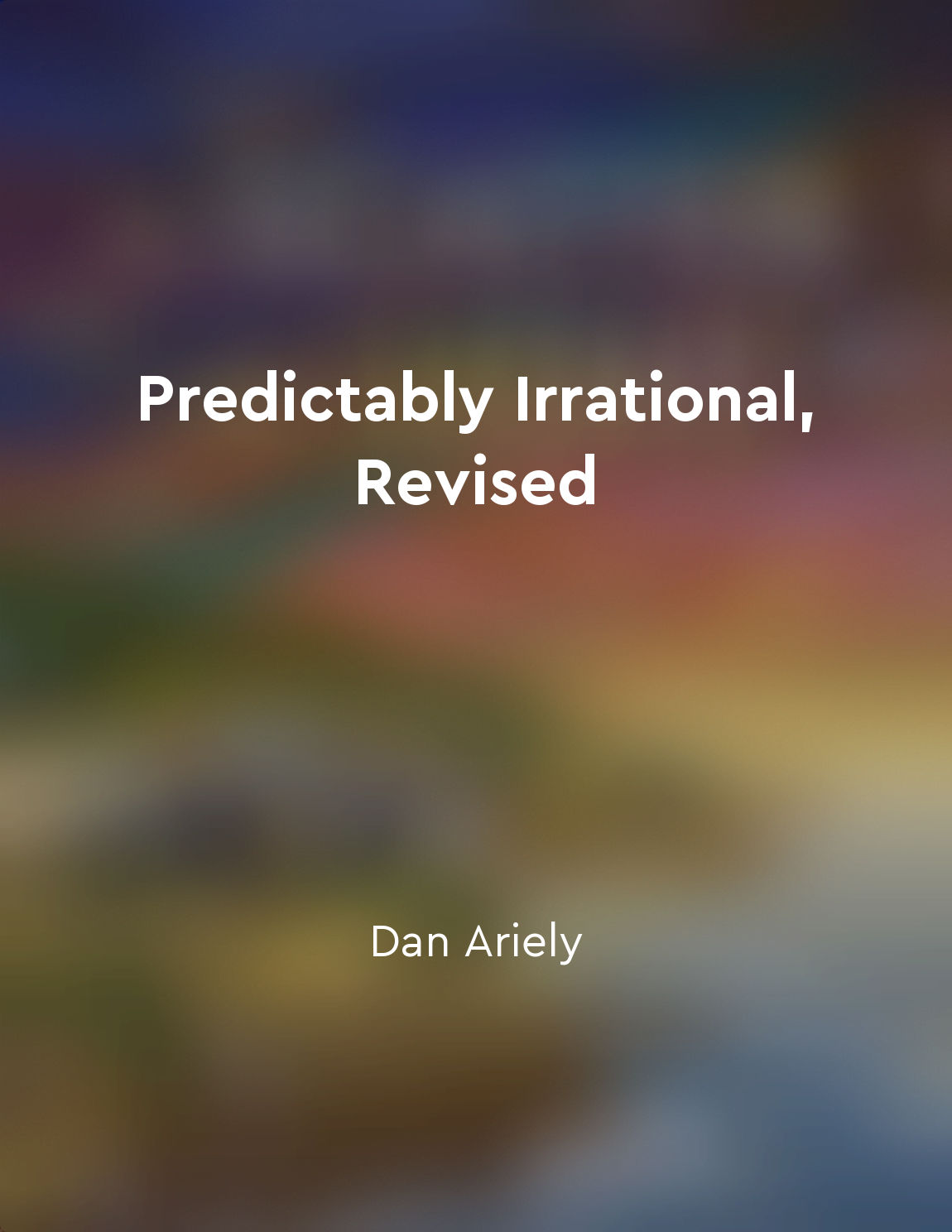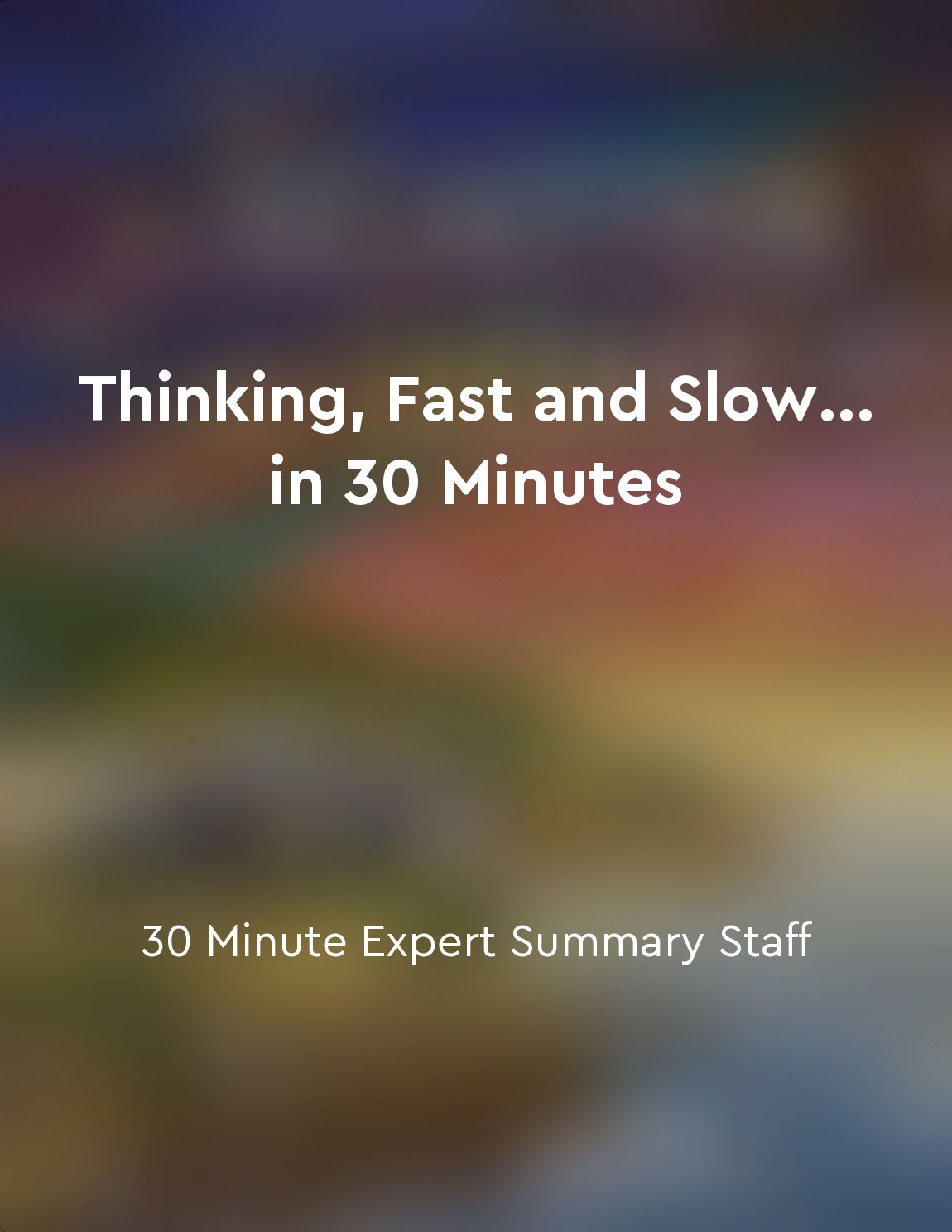Audio available in app
Slow thinking involves deliberate, effortful reasoning from "summary" of Thinking Fast and Slow by Book Summary
Slow thinking is a mental process that requires attention and mental effort. It involves the deliberate and conscious use of reasoning and logic to arrive at a conclusion. Unlike fast thinking, which is automatic and intuitive, slow thinking requires us to slow down and carefully consider the evidence before making a decision. When we engage in slow thinking, we are able to weigh the pros and cons of a situation more thoroughly. We take the time to consider different perspectives and evaluate the quality of the information available to us. This deliberate and effortful process allows us to make more informed and rational decisions. One of the key features of slow thinking is that it req...Similar Posts
Framing effects can drastically alter our choices
Framing effects can drastically alter our choices. The way a decision is presented to us can significantly impact the decisions...
Avoiding cognitive biases
It is important to be aware of cognitive biases when engaging in logical thinking. Cognitive biases are systematic patterns of ...
Considering alternatives can enhance decisionmaking
When making decisions, it is important to consider multiple alternatives rather than simply choosing between a few options. Thi...

Transmuting sexual energy can lead to success
Sex is one of the most powerful forces in human nature. When harnessed and transmuted properly, it can be a driving force behin...

Mastering the power of the subconscious mind is critical
The power of the subconscious mind is critical to achieving success in any endeavor. Your subconscious mind is like a fertile g...

We are easily influenced by framing
When it comes to making decisions, we may think that we are rational beings who carefully weigh all the pros and cons before co...
Critical thinking enhances problemsolving abilities
In order to effectively solve problems, individuals must be able to think critically about the situation at hand. Critical thin...

Halo effect biases perceptions
The Halo effect refers to the tendency for our overall impression of a person, company, product, or brand to influence our perc...

We are heavily influenced by our environment
When we consider how we make decisions, we often believe that we are in control of our choices. We like to think that we carefu...

